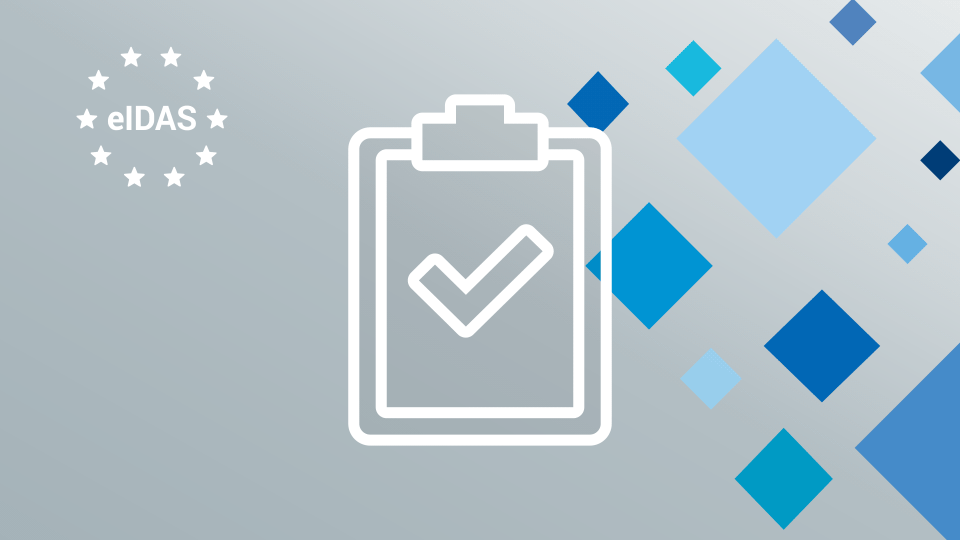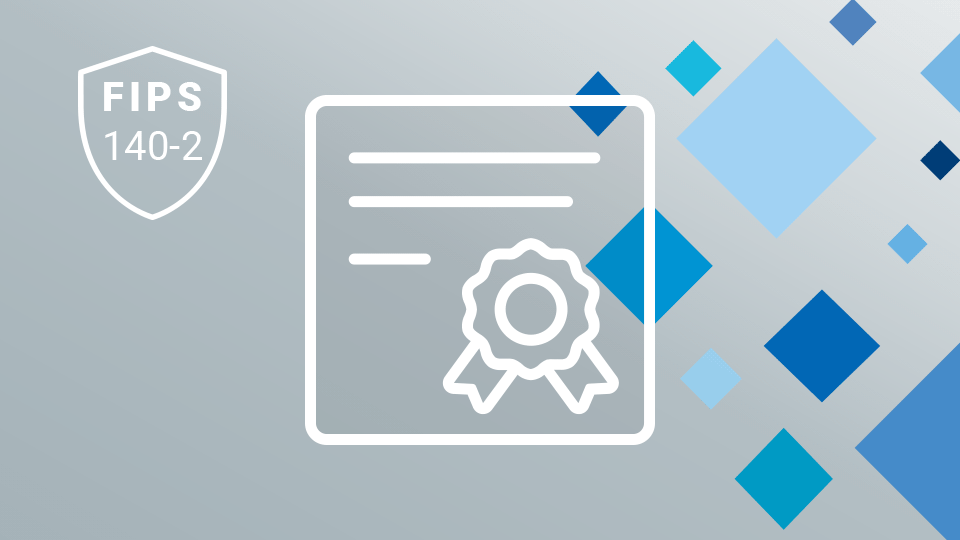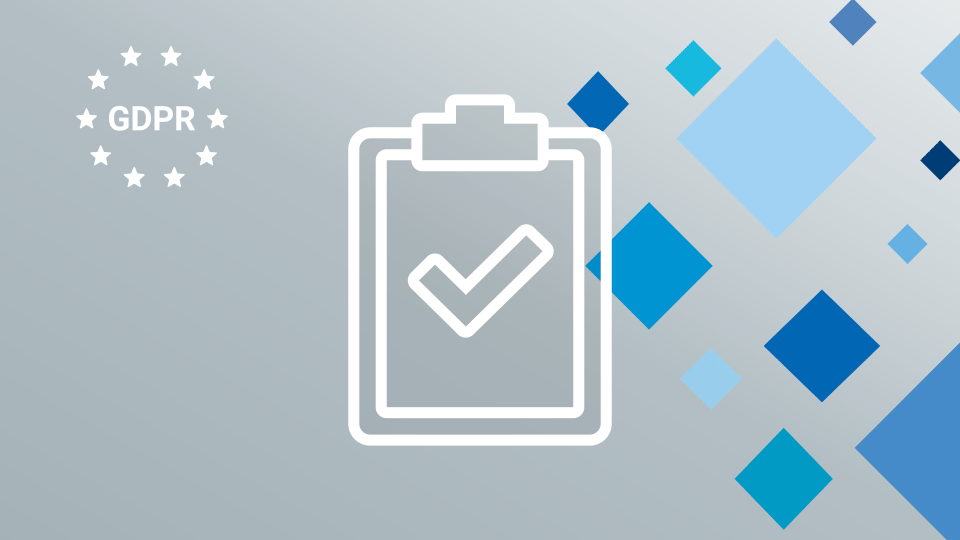Never trust, always verify: The Government’s directive for cybersecurity
With the increase of remote work, which has also impacted the government and public sector, employees have adopted hybrid working models as a result. This has led to people working from home, using their own device (BYOD), and at times, using external (unsafe) Wi-Fi connections. As a direct consequence of digitalization, the use of cloud services for data storage and “as a Service'' solutions has increased significantly. Likewise, digitized Government-to-Government (G2G), Government-to-Business (G2B), and Government-to-Citizen (G2C) communication have substantially increased the exchange of sensitive data exchange between all parties via electronic channels.
These developments raise the probability of cybersecurity risks and data breaches.
Consequently, this has resulted in a direct response around requirements for IT security and authentication. One solution for this is zero trust security and privacy by design. Leading by example, the US president has published an executive order that “all federal agencies and executive departments [must] move toward a zero-trust architecture to strengthen defenses against … cyber threats”.
Zero trust is a security framework that relies on the principle “Never trust, always verify”. This means that continuous authentication, authorization, and validation are required for all users, applications, and devices. Privacy by Design is focused on data protection and implies a requirement to consider data security when developing a new infrastructure, which suggests doing so early rather than later.
Utimaco provides various cyber security solutions such as Hardware Security Modules, Public Key Infrastructure (PKI), and data encryption solutions that help to develop a zero-trust architecture with a privacy-by-design approach.










